Martial Peak Reviews
Rose Pearson's The Missing Book is a delightful foray into the world of Regency romance, where the charm of historical settings meets the intrigue of a mystery. The novel is a captivating blend of romance and suspense, driven by the dynamic interplay between its two main characters, Lady Amelia and the Earl of Broughton, Leopold. Pearson weaves a narrative that is both engaging and thought-provoking, inviting readers to explore themes of trust, personal growth, and the transformative power of love.
At the heart of the story is Lady Amelia, a character who embodies curiosity and determination. Her passion for uncovering the truth about the stolen book from the "Temple of the Muses" is not just a quest for justice but also a journey of self-discovery. Amelia's character is well-crafted, with layers that reveal her as more than just a spirited noblewoman. She is a symbol of independence and intellect, challenging the societal norms of her time. Her relentless pursuit of the truth is a testament to her strength and resilience, making her a relatable and inspiring protagonist.
In contrast, Leopold, the Earl of Broughton, is a man of rules and routine. His initial resistance to Amelia's involvement in his life is indicative of his struggle with change and vulnerability. Pearson skillfully develops Leopold's character, allowing readers to witness his transformation from a rigid aristocrat to a man capable of embracing love and uncertainty. His journey is marked by moments of introspection and revelation, highlighting the internal conflict between his desire for control and the burgeoning feelings he has for Amelia.
The chemistry between Amelia and Leopold is palpable, with their interactions providing both tension and humor. Pearson excels in crafting dialogue that is witty and sharp, capturing the essence of their evolving relationship. The push and pull between them is a central theme, illustrating the complexities of love and the courage required to open one's heart. Their relationship is a dance of opposites, where Amelia's inquisitive nature challenges Leopold's structured world, ultimately leading to a deeper understanding and acceptance of each other.
Beyond the romance, The Missing Book delves into the theme of discovery, both literal and metaphorical. The stolen book serves as a catalyst for the characters to explore not only the mystery at hand but also their own identities and desires. Pearson uses the theft as a metaphor for the hidden aspects of oneself that are waiting to be uncovered. This theme resonates throughout the novel, encouraging readers to reflect on their own journeys of self-discovery.
The setting of the novel, the "Temple of the Muses," adds an enchanting backdrop to the story. Pearson's attention to detail in describing the historical context and the allure of the library creates a vivid and immersive experience for the reader. The setting is not just a physical space but a symbol of knowledge and enlightenment, reinforcing the novel's themes of learning and growth.
In comparison to other Regency romances, such as those by Julia Quinn or Mary Balogh, Pearson's work stands out for its integration of mystery and romance. While Quinn often focuses on the social intricacies of the ton and Balogh delves into the emotional depths of her characters, Pearson combines these elements with a compelling mystery that keeps readers engaged. The balance between romance and suspense is expertly maintained, ensuring that neither element overshadows the other.
Overall, The Missing Book is a testament to Rose Pearson's ability to craft a story that is both entertaining and meaningful. The novel's exploration of themes such as love, trust, and self-discovery is executed with finesse, making it a standout in the genre. The character development is rich and nuanced, with Amelia and Leopold's journey offering a satisfying and heartwarming conclusion.
For readers seeking a romance that goes beyond the conventional, The Missing Book offers a refreshing take on the genre. It is a story that celebrates the power of questions and the courage to seek answers, both in the world and within oneself. Pearson's novel is a reminder that sometimes, the most valuable discoveries are not the ones we set out to find, but those we uncover along the way.
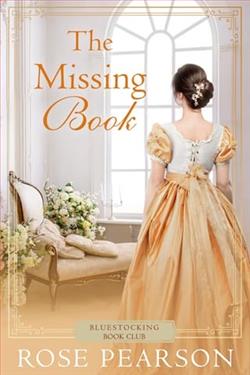







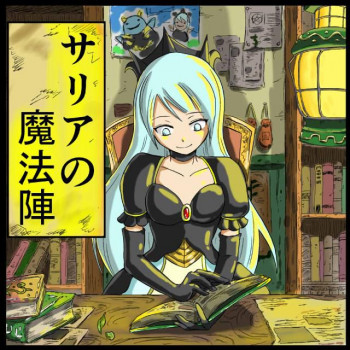
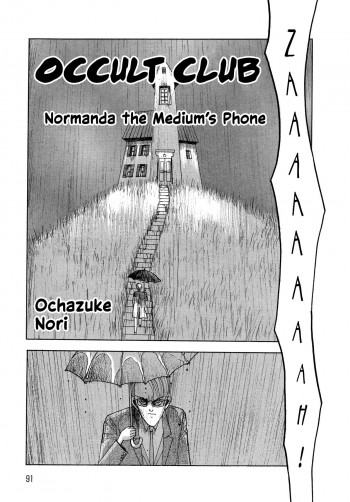
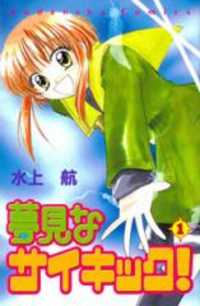

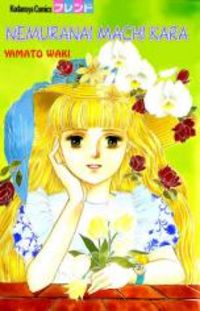











Reviews 0
Post a Reviews: